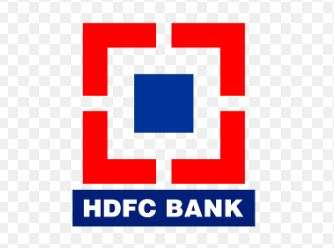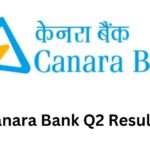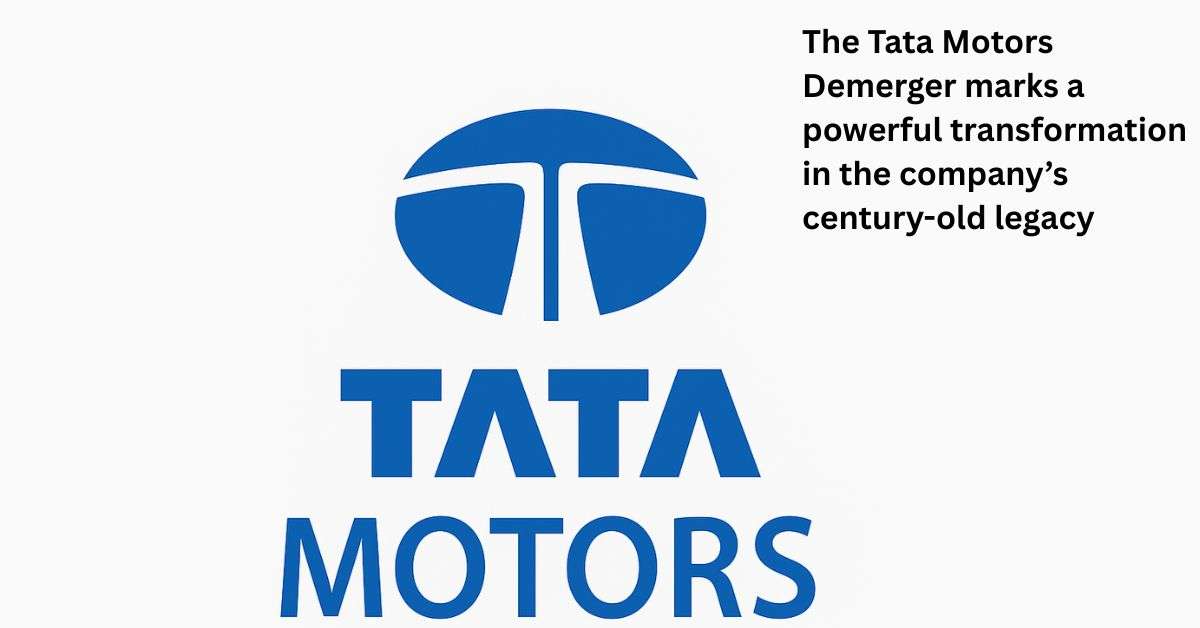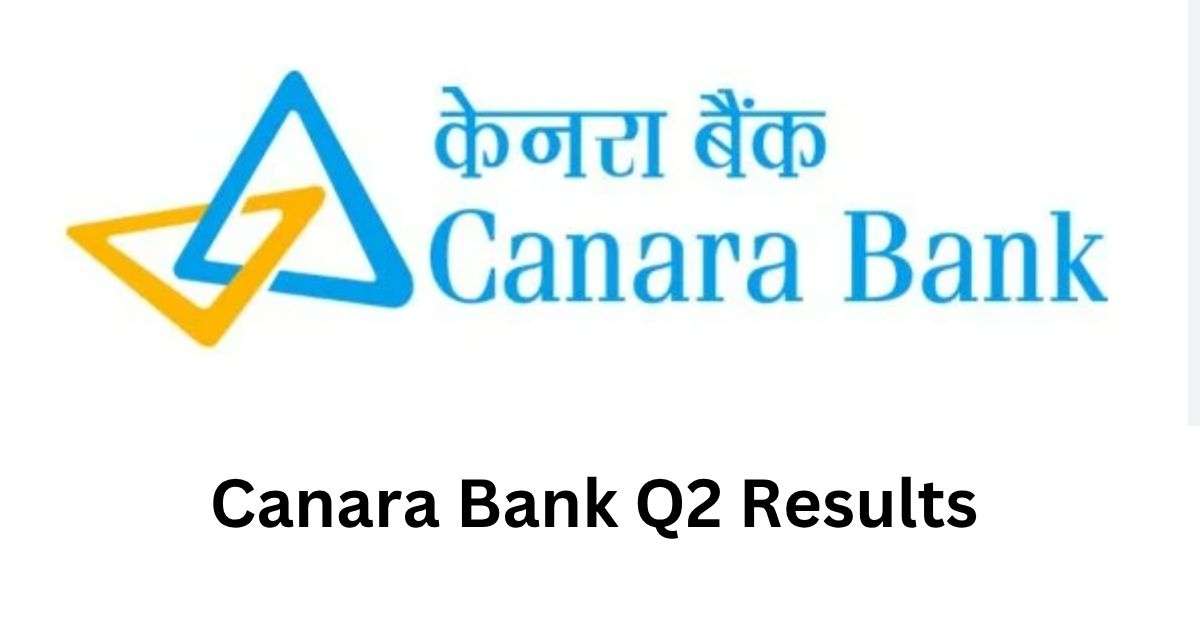Introduction
HDFC Bank, India’s leading private lender, has released its financial results for the first quarter of fiscal year 2024-25 (HDFC Bank Q1 Results). The results indicate a mixed performance, with a 2% decline in net profit and a slight improvement in net interest income (NII). This article delves into the key metrics, factors contributing to these results, and the implications for HDFC Bank’s future.

HDFC Bank Q1 Results: Key Metrics
Net Profit
HDFC Bank reported a net profit of ₹16,175 crore in Q1FY25, a 2% decrease from the ₹16,511.9 crore reported in the previous quarter (Q4FY24). This decline is a significant point of concern for investors and stakeholders, reflecting the challenges faced by the bank in maintaining its profitability.
Net Interest Income (NII)
The bank’s NII, which is the difference between interest earned and interest paid, increased by 2.6% sequentially to ₹29,837 crore, up from ₹29,078 crore in Q4FY24. This growth in NII highlights the bank’s ability to manage its interest income effectively, despite the challenging economic environment.
Asset Quality
HDFC Bank’s asset quality has shown signs of deterioration. The gross non-performing asset (NPA) ratio rose to 1.33% in Q1FY25 from 1.24% in Q4FY24. The net NPA ratio also increased to 0.39% from 0.33% in the previous quarter. These increases indicate a higher level of non-performing loans, which could impact the bank’s future profitability.
Deposits and Advances
Total deposits stood at ₹23,791 billion as of June 30, 2024, marking a 24.4% increase over the previous year. CASA (current account and savings account) deposits grew by 6.2%, while time deposits saw a significant rise of 37.8%. On the advances front, gross advances were at ₹24,869 billion, a 52.6% increase year-over-year. Retail loans grew by an impressive 100.4%, with commercial and rural banking loans and corporate loans also showing robust growth.
Provisions and Margins
The bank’s provisions for the quarter were ₹2,602 crore, a sharp reduction from ₹13,511.64 crore in the previous quarter. The core net interest margin was 3.47% on total assets and 3.66% on interest-earning assets, slightly higher than in the previous quarter.
HDFC Bank Q1 Results: Factors Contributing to
Merger with HDFC
The merger with parent Housing Development Finance Corp (HDFC) in July 2023 has had a notable impact on HDFC Bank’s financials. The merger added a large pool of mortgage loans but fewer deposits, creating pressure to increase deposit growth or slow down loan growth.
Economic Environment
The broader economic environment has also influenced HDFC Bank’s performance. Factors such as interest rate fluctuations, regulatory changes, and macroeconomic conditions play a crucial role in shaping the bank’s financial outcomes.
Operational Efficiency
HDFC Bank’s focus on expanding its branch network and increasing its employee base by 17.2% over the past year demonstrates its commitment to operational efficiency. The addition of 991 branches and a significant increase in business correspondents have likely contributed to the bank’s ability to grow its deposit base and loan portfolio.
HDFC Bank Q1 Results: Implications for HDFC Bank’s Future
Growth Prospects
Despite the challenges, HDFC Bank’s growth prospects remain strong, driven by its robust loan growth and expanding deposit base. The bank’s strategic focus on retail loans and rural banking positions it well to capitalize on India’s growing economy.
Asset Quality Concerns
The rise in NPAs is a cause for concern and will require careful management to prevent further deterioration. The bank’s ability to manage its non-performing assets effectively will be crucial in maintaining investor confidence and ensuring long-term profitability.
Regulatory Landscape
The regulatory environment will continue to play a critical role in shaping HDFC Bank’s operations. Compliance with regulatory requirements and adapting to changes will be essential for sustaining growth and profitability.
Conclusion
HDFC Bank Q1 Results present a mixed picture, with a decline in net profit and a slight improvement in NII, accompanied by concerns over asset quality. The merger with HDFC, economic conditions, and operational strategies will significantly influence the bank’s future performance. Investors and stakeholders will need to closely monitor these factors to gauge the bank’s long-term prospects.
FAQs
What was HDFC Bank’s net profit in HDFC Bank Q1 Results?
HDFC Bank’s net profit in HDFC Bank Q1 Results was ₹16,175 crore, a 2% decline from the previous quarter.
How did HDFC Bank’s NII perform in HDFC Bank Q1 Results?
The net interest income (NII) of HDFC Bank increased by 2.6% sequentially to ₹29,837 crore in Q1FY25.
What are the key concerns regarding HDFC Bank’s asset quality?
The key concerns regarding HDFC Bank’s asset quality include the rise in gross and net NPA ratios, indicating an increase in non-performing loans.
How did HDFC Bank’s deposits and advances grow in HDFC Bank Q1 Results?
Total deposits grew by 24.4%, while gross advances increased by 52.6% year-over-year in Q1FY25.
What impact did the merger with HDFC have on HDFC Bank’s financials?
The merger with HDFC added a large pool of mortgage loans to HDFC Bank’s portfolio but fewer deposits, creating pressure to increase deposit growth or slow down loan growth.
Open Your Demat Account with Discount Brokers:
ZERODHA 1) : https://zerodha.com/open-account?c=EJ4366
Angelone 2) : https://tinyurl.com/2gloc3g6 or
Upstox3): https://link.upstox.com/9w4tNo1rK8au7VK47









you are in reality a just right webmaster The site loading velocity is incredible It seems that you are doing any unique trick In addition The contents are masterwork you have performed a wonderful task on this topic
Thanks, We appreciate your valuable feedback.